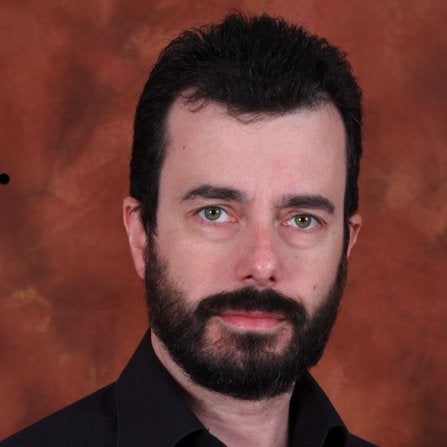
Carlo Piana is a lawyer by training and a Free Software advocate. A qualified attorney in Italy, Piana has been practicing IT law since 1995, focusing his practice on software, technology, standardization, data protection and digital liberties in general, and serves as external General Counsel to the Free Software Foundation Europe ("FSFE"). Piana has been involved in some of the cornerstone legal cases in Europe, such as the long-running antitrust battle between the EU Commission and Microsoft where he represented both the FSFE and the Samba Team. Piana is a member of the Editorial Committee of the International Free and Open Source Software Law Review ("IFOSS L. rev.") and is president of the board of directors of the Protocol Freedom Information Foundation. In 2008 he has established a free lance consulting practice on IT law, from where he leads a small group of IT lawyers named Array [http://arraylaw.eu].

Authored Comments
I am sorry I fail to understand most of your arguments, barring the correct reminder that US Congress can give limited in time exclusive rights (but the decision to grant software patents was not passed by the Congress).
Protection of software is more than adequately provided by copyright.
Patents do not protect software, they protect ways to solve a technical problem, protection which lately has been found applicable to software, but with very vigorous criticism and without the full scrutiny of the Supreme Court of the US.
There is no need to "steal" (steal?) the source code to infringe a patent, as well there is need to write software to have patent protection. Patents are written by lawyers and patent attorneys. You don't find code in there (or anything useful to program software), maybe this will be required in the future (USPTO is conducting a RFC roughly on that)
"Invest billions of dollars" to write software? That's protected by copyright, and it's anyway largely a myth. Some of the most valuable military technology is actually based on Free/Open Source Software. Plus, you fail to understand a basic rule of patents: protection is given only with full disclosure of the technology, which is somewhat at odds with military secret. And for that matter, patents are territorial. In China US patents are of little use. And since China is being doing a lot of inventing and patenting lately, the course of action could well be the other way round.
Finally, North Korea or Iran or any rougue state don't give a damn about US patents (or European patents), which don't apply to them anyway.
My position is that patents are a recent creation of the legislation. They need to be questioned as all human legal creations are. Now there are clear cases where patents need not to be granted, and that is a no brainer. Software is one of these cases.
There are some other cases where this is not so cleancut, for those cases one needs to be more cautious, I have no absolute position.
Finally, before extending monopolies any further, a clear, convincing case with a lot of evidence, should be brought forward, something that has never been done so far with maybe the exception of copyright (but why has this been extended so much?), and yet we have seen all sort of protectionism fluorish, inside and outside USA.